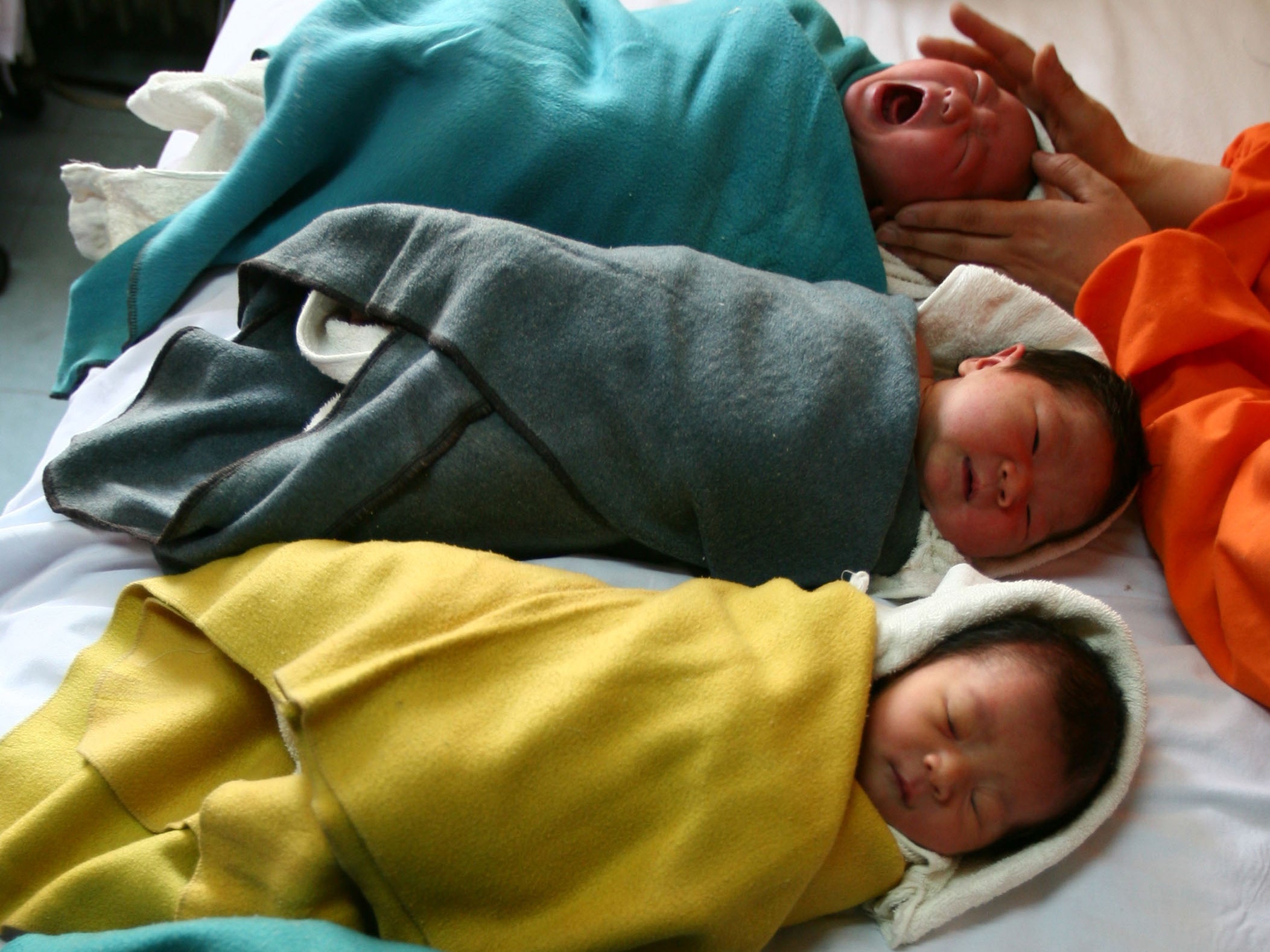Your support helps us to tell the story
From reproductive rights to climate change to Big Tech, The Independent is on the ground when the story is developing. Whether it's investigating the financials of Elon Musk's pro-Trump PAC or producing our latest documentary, 'The A Word', which shines a light on the American women fighting for reproductive rights, we know how important it is to parse out the facts from the messaging.
At such a critical moment in US history, we need reporters on the ground. Your donation allows us to keep sending journalists to speak to both sides of the story.
The Independent is trusted by Americans across the entire political spectrum. And unlike many other quality news outlets, we choose not to lock Americans out of our reporting and analysis with paywalls. We believe quality journalism should be available to everyone, paid for by those who can afford it.
Your support makes all the difference.When Deng Xiaoping, the man responsible for establishing China’s one child policy in 1979, was challenged by Westerners over the inhumanity of his country’s system of reproductive restriction he used to shut them up by asking: “So will your country volunteer to take in the hundreds of millions of Chinese that will be born if it is removed?”
It was a typically shrewd tactic, exploiting the primal and ancient Western fear over the sheer size of the Chinese population. But Deng’s argument was essentially nonsense. Thanks to the economic liberalisation that Deng himself introduced around the same time it was always likely the Chinese birth rate would have fallen sharply anyway. The history of economic development shows that when families have more money they tend to have fewer children. Ditto when they move from the countryside to cities. China would have been no different: it’s billion-strong population would not have exploded without the policy.
The one child policy sprang from a genuine fear amongst the Chinese Communist Party leadership in the late 1970s that China’s demography was acting as a brake on economic growth and development. It’s understandable given that colossal economic dunce Mao Zedong was always in favour of a sky high birth rate. If Mao was for it, surely China should head in the opposite direction.
But the one child policy was pushing on an open door. And China fell through hard. The birth rate dropped too much, helping to sow the seeds of the country’s present ominous harvest of a rapidly ageing population and a shrinking workforce.
Some have focused on the likely demographic impact of this week’s policy reversal by the Communist Party authorities, with many estimating that it won’t, in fact, result in a baby boom because many Chinese families today prefer smaller families. Others have noted how the one child policy was always riddled with exceptions.
All these points are fair enough. But they also risk missing the really important point. Those Westerners who challenged Deng about the policy were right to argue that it constituted a disgraceful violation of human rights. And at the margin the policy has indeed been responsible for gross cruelty in the form of forced abortions, usually enforced by petty rural tyrants. There’s also evidence that the policy has driven child kidnappings, up to 20,000 a year according to some estimates. The price of a boy in the underground child trafficking market in China is reportedly double the price of a girl. Those are the kind of horrors that are unleashed when political regimes dictate to families how many children they are allowed to have.
We should hope that, in one respect at least, China is now moving into an era of greater personal freedom. The scrapping of the one child policy may result in a demographic pigeon’s step. But make no mistake: it’s a giant leap for the dignity of the Chinese people.
Ben Chu is the author of Chinese Whispers: Why Everything You’ve Heard About China is Wrong


Join our commenting forum
Join thought-provoking conversations, follow other Independent readers and see their replies
Comments